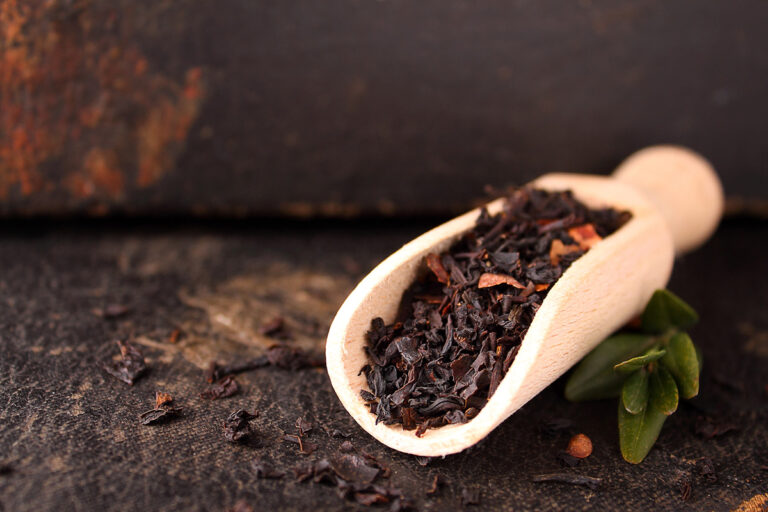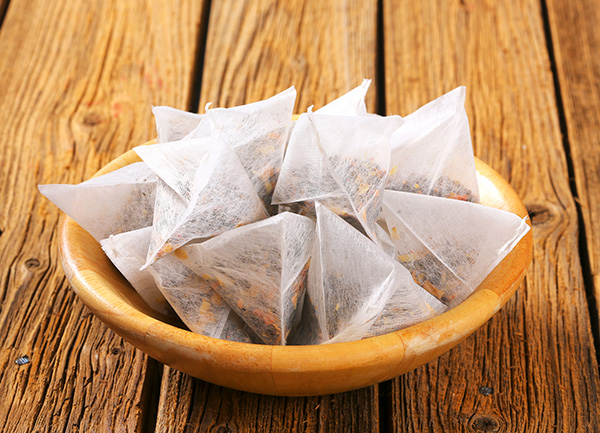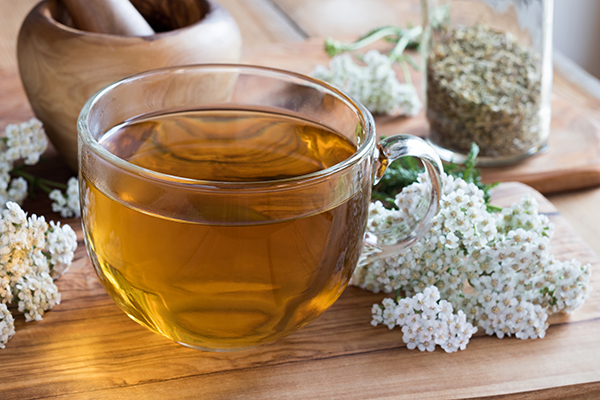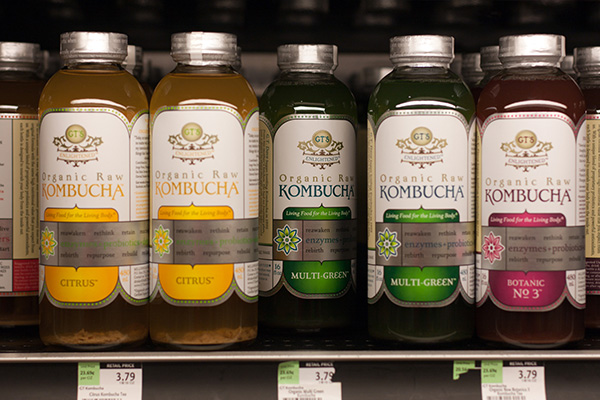Licorice Root Tea: Benefits, Side Effects, and How to Make It
A delicious, soothing brew, licorice root tea is more than just a comforting beverage—it offers numerous health benefits as well. But, like any natural remedy, it also comes with potential side effects. Here, we’ll explore the benefits and side effects of licorice root tea, and provide a handy guide on how to prepare it.
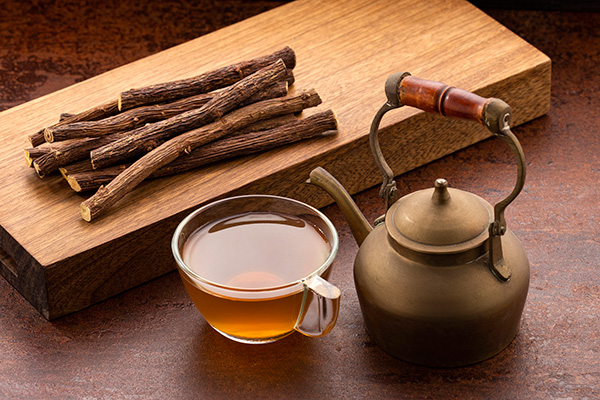
What Is Licorice Root Tea?
Licorice root tea is a herbal infusion made from the roots of the licorice plant, scientifically known as Glycyrrhiza glabra. This plant is native to southern Europe and parts of Asia. The root has a sweet, distinctive flavor that has been used for centuries in traditional medicine. Licorice root tea is easy to make and can be consumed hot or cold.
Potential Health Benefits of Licorice Root Tea
While it’s a delicious drink, licorice root tea also offers a range of potential health benefits.
Digestive Health
Licorice root is often used as a remedy for various digestive issues. Its anti-inflammatory and immune-boosting properties can help soothe the gut lining, alleviate heartburn, and reduce symptoms of gastritis and acid reflux.
Respiratory Health
Licorice root has expectorant properties, making it beneficial for those suffering from respiratory ailments like asthma, bronchitis, or a persistent cough. Drinking licorice root tea can help soothe the throat, reduce inflammation, and promote easier breathing.
Stress Reduction
Licorice root is also an adaptogen, which helps the body to better respond to stress. Regular consumption of licorice root tea may support adrenal health and promote a better balance of cortisol, the body’s main stress hormone.
Licorice Root Tea Side Effects
However, while licorice root tea has several benefits, it is important to be aware of its potential side effects.
Hypertension
Excessive consumption of licorice root tea can lead to hypertension, or high blood pressure. This is due to a compound in licorice root called glycyrrhizin, which can cause sodium retention and potassium loss in the body.
Electrolyte Imbalance
The same compound, glycyrrhizin, can also lead to an electrolyte imbalance. This can manifest as muscle weakness, irregular heartbeat, or other cardiovascular problems.
Interaction with Medications
Licorice root can interfere with certain medications, including blood pressure drugs, corticosteroids, and diuretics. It’s important to consult with a healthcare provider before consuming licorice root tea if you’re on any medications.
Who Should Not Drink Licorice Root Tea?
Given the side effects, certain groups of people should avoid licorice root tea. These include those with hypertension, kidney disease, liver disease, heart disease, and pregnant women. It’s crucial to consult with a healthcare provider if you have any medical condition before consuming licorice root tea.
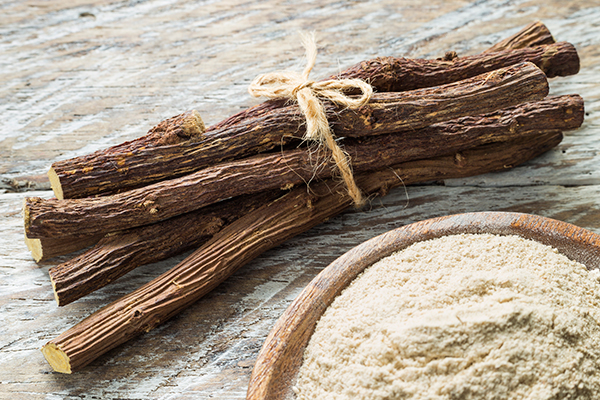
How to Make Licorice Root Tea
With a store-bought licorice root tea product, making this soothing brew is a simple process.
- Boil a cup of water in a kettle.
- Place a tea bag or a teaspoon of loose licorice root tea in a cup.
- Pour the boiling water over the tea.
- Steep for 5-10 minutes, depending on how strong you like your tea.
- Remove the tea bag or strain the tea if you used loose tea.
- Enjoy it hot, or let it cool and serve it over ice for a refreshing iced tea.
Remember, it’s always recommended to follow the manufacturer’s guidelines for preparation and consumption.
Final Thoughts
Licorice root tea can be a soothing, beneficial addition to your wellness routine. However, due to potential side effects and interactions, it’s crucial to consult a healthcare provider, especially if you have a pre-existing medical condition or are taking any medications.
FAQ
What Does Licorice Root Tea Taste Like?
Licorice root tea has a naturally sweet and slightly earthy flavor, often described as a combination of sweet root beer and bitter herbs.
When Should I Drink Licorice Root Tea?
You can drink licorice root tea at any time of day. However, due to its potential relaxing properties, some people find it beneficial to drink before bedtime.
How Often Can You Drink Licorice Root Tea?
While there’s no strict guideline, most experts suggest drinking licorice root tea no more than 2-3 times per day. Always follow the manufacturer’s instructions and consult with a healthcare provider for personalized advice.
How Long Can You Drink Licorice Root Tea Safely?
Given the potential side effects of licorice root, it’s generally recommended to consume licorice root tea for no longer than 4-6 weeks at a time. After a break, consumption can be resumed if desired. Always remember to check with a healthcare provider for advice tailored to your health needs.
Is Licorice Root Tea Good for Singers?
Yes, licorice root tea is good for singers as it is known to soothe the throat, reduce inflammation, and help maintain vocal health.
Is Licorice Root Tea Good for a Cold?
Yes, licorice root tea can potentially help with a cold. Licorice has been used traditionally to soothe sore throats and reduce coughing, and it may also have antiviral properties.
Is Licorice Root Tea Good for Mucus?
Licorice root tea can potentially be good for mucus. It’s known to soothe the mucous membranes, reduce inflammation, and has been used traditionally in treating respiratory conditions.
Is Licorice Root Tea Good for Sinus Infection?
Licorice root tea might be beneficial for a sinus infection due to its anti-inflammatory properties. It can soothe inflamed tissues and provide some relief, but it should not replace medical treatment.

